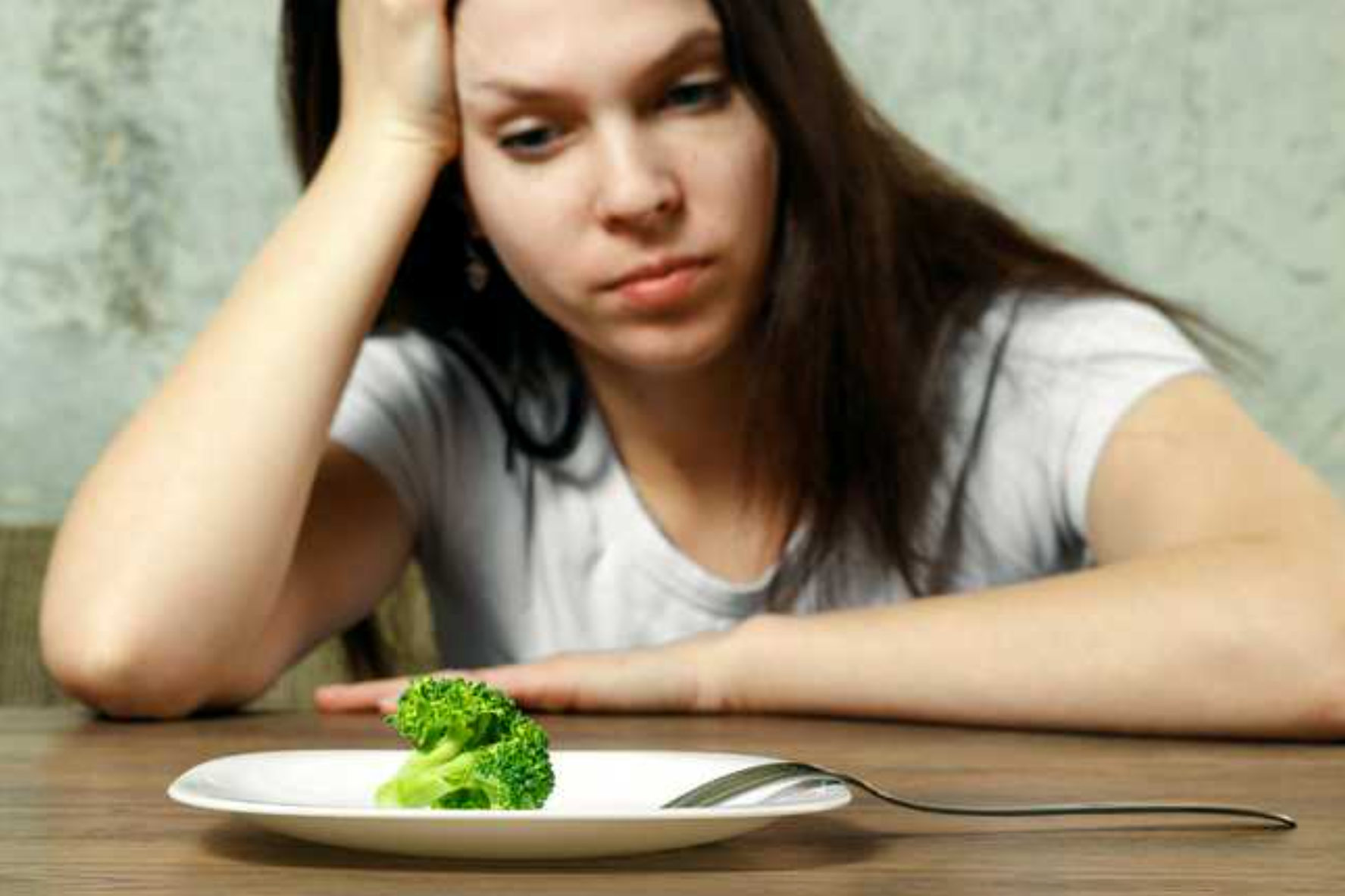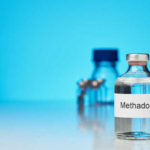How Eating Disorders Can Turn Into Substance Abuse
Are you dealing with an eating disorder? You may also have a drug abuse problem and not know it.
Eating disorders and drug issues are more interconnected than you may realize. Patients will use drugs as a coping mechanism.
They also use drugs to lose weight. In extreme cases, drugs can change their brain chemistry and enhance cravings.
Moreover, the combination of drug abuse and eating disorders can affect both genders. For example, males can also suffer from poor body images. Men and boys can abuse drugs (i.e. steroids) to live up to body standards portrayed in the media.
Regardless of gender, a combination of an eating disorder and drug abuse will increase the likelihood of death.
This article will reveal the link between drug abuse and eating disorders in greater detail. Let’s explore.
Connections Between Eating Disorders and Addiction
Eating disorders and substance abuse can co-exist at the same time. Some experts classify an eating disorder as a form of addiction. An eating disorder can develop under the following circumstances:
- Genetics: A family history of eating disorders and/or drug abuse can cause patients to suffer from both ailments
- Environment: This may come in the form of peer pressure or media advertising
- Trauma: Child abuse, or any other form of trauma, can cause drug abuse and eating disorders
Additionally, eating disorders share similar traits with behavior issues. One example is unhealthy impulsivity. Patients with impulse issues are more likely to cope with eating disorders and substance abuse at the same time.
In other cases, patients may abuse drugs for a purpose.
- Example: Research indicates women suffering from anorexia nervosa tend to use drugs to lose weight. Conversely, women suffering from bulimia nervosa usually use drugs to suppress the urge to binge eat.
Bulimia Nervosa
Patients dealing with bulimia nervosa suffer from higher rates of alcohol consumption compared to anorexia nervosa patients. Bulimia nervosa occurs when the patient obsesses over losing weight.
However, patients tend to overeat within short timeframes, leading to severe depression and guilt. To rectify the guilt, they will often purge, vomit, or fast. To cope with the guilt, they will also abuse alcohol.
Further, many will drink to purge since alcohol is a natural diuretic. When drinking, the patient is more likely to suffer from dehydration for two reasons:
- Alcohol reduces fluids in your renal system, which consists of your kidneys, bladder, and uterus.
- In general, a lack of food and water leaves your body less hydrated.
Additionally, patients who purge lose vital nutrients needed to sustain the body.
Bulimia Nervosa Symptoms
Take note of the following symptoms:
- A constant preoccupation with your weight and body image
- Eating large amounts of food during a single meal
- An incessant fear of gaining weight
- Overexerting your body to lose weight
- The loss of control when eating
- The use of enemas, laxatives, and diuretics when you don’t need them
Many patients don’t believe they can abuse laxatives or diuretics. Substance abuse applies when a person uses a substance (legal or illegal) in a manner that harms their emotional, physical, or mental health.
In addition to high rates of alcoholism, bulimia nervosa patients are can also abuse:
- Caffeine pills
- Marijuana
- Opiates
- Cocaine/crack
- Inhalants
- Hallucinogens
- Artificial sweeteners
- Thyroid hormones
- Diet pills
Overall, these drugs are popular among patients who suffer from other types of eating disorders. Patients suffering from anorexia nervosa are less likely to abuse alcohol and other substances compared to bulimia patients, but they’re still susceptible to drug abuse.
Anorexia Nervosa
Anorexia nervosa occurs when a patient limits caloric intake to lose weight. Like bulimia patients, they have fears about weight gain.
People who severely restrict their calorie intake fall into the category of restrictive-type anorexia. They may also have an unhealthy preoccupation with food.
Overall, anorexia patients may believe they’re overweight and will resort to extreme measures to stay thin. Seek help if you notice the following symptoms:
- An obsession with dieting and weight loss
- Mood swings due to a lack of nutrients
- A fierce determination to remain thin
- Exercising more than normal
- Increased walking, standing, and fidgeting
- The use of food rituals to quell anxiety (i.e. Assorting food in a certain manner or eating slower than normal)
Studies show that patients dealing with eating disorders are more likely to suffer from depression and anxiety. Therefore, anorexia patients may abuse alcohol and other drugs to deal with stress.
Also, anorexia sufferers may abuse diet pills to lose weight. They may also abuse drugs to stay underweight.
- Example: Some patients may abuse alcohol to suppress their appetite.
Drinking on an empty stomach is extremely dangerous because the alcohol passes into your bloodstream faster and exacerbates the side effects.
For restrictive-type patients, they may resort to other appetite suppressants such as caffeine, ephedrine, and methamphetamine. Patients also consume these drugs because they can enhance their metabolism or intensify their weight loss.
Underlying Addition
Many patients don’t realize they have an abuse problem. Plus, abusing drugs can occur faster than many realize.
Since drugs and alcohol can alter brain chemistry, patients may not realize they’re engaging in abusive behavior. They may even believe they’re in control.
What Can I Do About Eating Disorders and Drug Abuse?
Above all, seek treatment immediately. A specialist can help patients cope with eating disorders and help them detox if necessary.
Many eating disorder patients use drugs to suppress appetites or enhance weight loss. The abuse of these drugs is highly dangerous, especially when mixed with alcohol.
Are you dealing with a drug issue? Click here to learn the differences between inpatient and outpatient detox.








